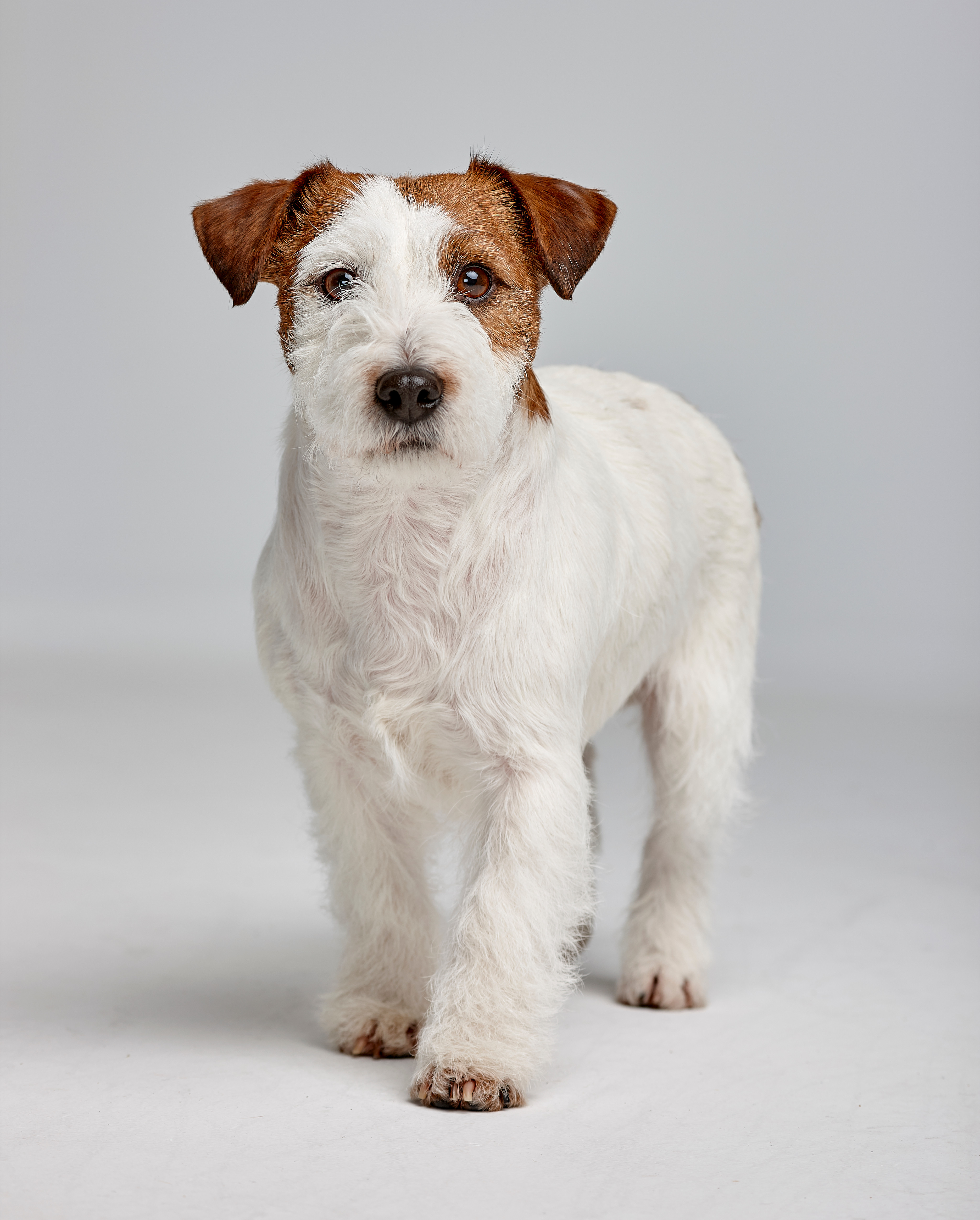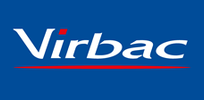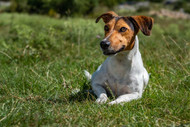How does a high-protein diet help to control body weight in cats and dogs?
Obesity, excessive body fat, is the most common nutritional issue in pets and is linked to an increased incidence of a number of health problems. Therefore, it is important to prevent obesity to improve the health and wellbeing of our pets, and increase the number and quality of the years we share with our furry companions.

There are numerous studies showing the importance of diet in managing the body weight of pets. The aim is to ensure an ideal body weight by reducing body fat, while still maintaining muscle mass and ensuring all nutritional requirements are met. However it's not just about reducing the amount of food eaten. The type of food fed can have a significant impact on the ability of pets to both regulate their weight and maintain muscle mass.
Both dogs and cats are naturally carnivorous and given free choice they will choose a diet high in protein and low in carbohydrates. Studies have also shown that a high protein, low carbohydrate diet is the most effective approach to manage body weight and composition due to the multiple beneficial effects of protein.
- Satiety
Satiety is the feeling of being full after eating. In carnivores this depends not just on the amount of food eaten, but also the nutritional balance of that food. There are a number of ways in which proteins contribute to satiety. Carnivores have a strict protein requirement and when protein intake is above this level satiety is easier to achieve. Diets high in protein have been associated with higher levels of amylin (a hormone that inhibits food intake) and also higher levels of leptin receptors (leptin is a food intake inhibitor). Proteins are made up of amino acids, some of these are more common in animal proteins than plant proteins, including those that encourage the inhibition of feeding and the feeling of satiety.
- Energy
When food is eaten it is processed to release energy, if more energy is released than the animal is using then weight gain will occur. This processing requires energy to happen and processing protein takes more energy than carbohydrates. In fact a study has shown that cats eating a high-protein diet can actually consume more food without gaining weight compared to those fed a high-carbohydrate diet. So we can see that a high-protein low-carbohydrate diet makes maintaining an ideal weight easier.
- Muscle
The ideal body condition is not only about reaching the ideal weight, but also about preserving muscle mass and minimising body fat. Maintaining muscle mass requires more energy than maintaining fat. So weight control is easier in those animals with good levels of muscle and minimal fat. Feeding a high protein, low carbohydrate diet to dogs and cats has been shown to minimise or prevent muscle wasting during weight loss. It has also been shown to be effective at maintaining and even increasing muscle mass in animals fed to maintain their overall weight. This demonstrates that the nutritional balance of food fed is linked to body composition in our pets.
- Rebound
The phenomenon of weight gain following a period of diet is well documented in people as well as cats and dogs. This rebound effect can be minimised by feeding a high-protein diet during the period of energy restriction and continuing once an ideal weight has been achieved. Given that high-protein diets encourage satiety, allow increased energy intake and promote maintenance of muscle mass this is not entirely surprising.
What about VETERINARY HPM®?
All VETERINARY HPM® lifestage and clinical diets are based on a high-protein low-carbohydrate formulation that helps dogs and cats to achieve and maintain their optimal healthy weight and ideal body composition through a variety of physiological methods. This can be particularly important for those pets more predisposed to weight gain, such as those that have been neutered, with a sedentary lifestyle or breeds prone to increased body fat.
For clinically overweight pets, the VETERINARY HPM® weight loss diets will get your pet back in shape for a better quality of life – speak to your vet or vet nurse for an adapted weight loss programme.


